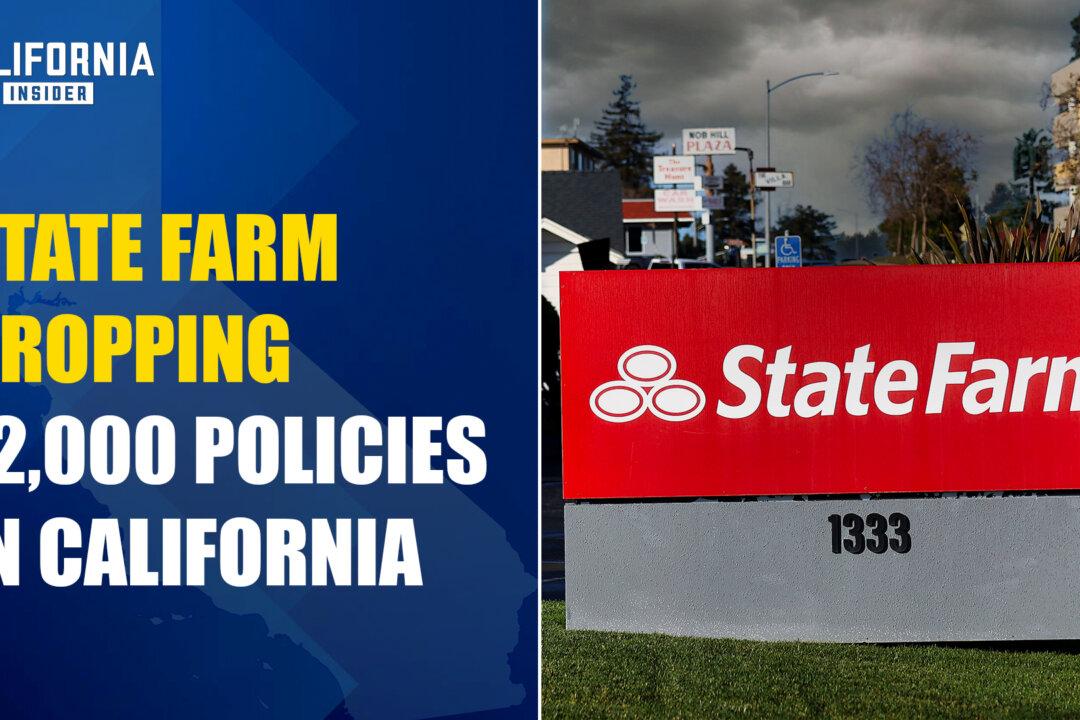Key Takeaways: 0:00 What’s Going on With California and State Farm? 1:40 State Farm Not Renewing 70,000 Policies in California 3:30 Why Insurance Companies Are Dropping Policies in California 8:42 What State Farm’s Retreat Means for Homeowners
State Farm Not Renewing 72,000 Policies in California, Worsening Insurance Crisis | Rex Frazier

|Updated:




